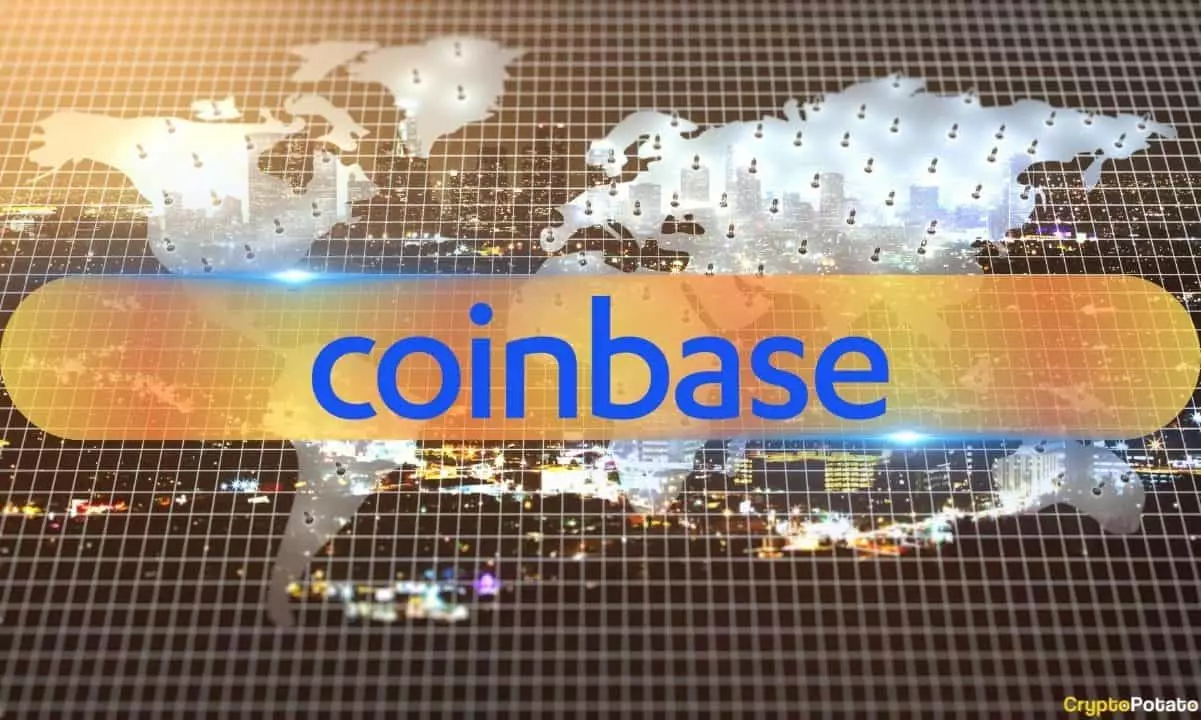In a strategic move, Coinbase, a prominent American cryptocurrency exchange, announced it will cease its rewards program for holders of the USD Coin (USDC) stablecoin in the European Economic Area (EEA) as of November 1. This significant change stems from new e-money token requirements that will soon take effect alongside the implementation of the Markets in Crypto Assets (MiCA) regulations. These evolving regulations aim to create uniform standards for digital assets across the European Union, effectively transforming the operational landscape for crypto entities in the region.
Coinbase’s USDC rewards program has enabled users to earn interest on their stablecoin holdings, enhancing the appeal of USDC considerably for investors. This system has operated in over 100 jurisdictions, providing varying yields that are credited monthly. Users have enjoyed a semblance of passive income from their crypto investments, which is crucial in a sector often characterized by significant volatility. However, with the impending regulatory changes, users residing in the EEA will see this benefit phased out by the end of November, leaving many to reassess their investment strategies.
The introduction of the MiCA regulations signifies a broader move toward regulatory cohesion within the EU, mandating compliance not only for exchanges like Coinbase but also for all entities engaged in the issuance or trading of cryptocurrencies. The repercussions of these regulations have already prompted Coinbase to withdraw non-compliant stablecoins from its EU services, underlining the stringent nature of the new regulatory environment. Other platforms, such as Bitstamp, have similarly adjusted their offerings by delisting non-compliant cryptocurrencies like the Euro Tether (EURt), showcasing the widespread impact of MiCA.
Broader Implications for Crypto Businesses
The changes instigated by MiCA regulations and Coinbase’s subsequent adjustments suggest a pivotal shift in how cryptocurrency businesses operate within Europe. The melding of regulatory compliance and crypto innovation necessitates that companies not only update their offerings but also reconsider their core strategies. As companies like Tether scramble to develop compliant products, it highlights an urgent need for flexibility in operations to adapt to evolving legal frameworks.
Non-EU EEA Countries and Future Compliance
While Norway, Iceland, and Liechtenstein are not EU members, analysts suggest they are likely to align with MiCA regulations to remain integrated within the EU’s internal market. This ongoing evolution emphasizes the interconnectedness of regulatory actions and market strategies across Europe. As countries adopt similar legal frameworks, they contribute to a harmonized approach to crypto regulations that could have far-reaching effects on the crypto ecosystem.
Coinbase’s cessation of USDC rewards captures a momentous shift in the cryptocurrency landscape within Europe, driven by the need for compliance with emerging regulations. The MiCA framework not only reshapes how digital assets are governed but also compels firms to fundamentally adapt their services. As the industry braces for these significant changes, investors must remain vigilant and proactive in navigating this new terrain, fostering a dynamic that will shape the future of cryptocurrency engagement in the European market.
















Leave a Reply